For short drives, an electric car can travel more than 200 miles on a full charge. But if you're traveling long distances, then an electric car may need to be recharged multiple times.
The price of charging a trolley varies from one charging station to another. At some DC fast-charging stations on highways, charging can cost $1.50 to $3 per kilowatt-hour, and sometimes there is a start-up fee or an additional charge based on hours. This is more expensive than charging at home.
How much does it cost to charge an electric car?
The cost of charging an electric vehicle (EV) depends on several factors, including the charging method, location, and the operator's pricing policy. Here's a breakdown of common charging costs:
1. Home Charging
-
Electricity Rates: Home charging is typically charged based on local electricity prices, which generally range from 0.5 to 1 RMB per kilowatt-hour (kWh), depending on the region and time of day (e.g., peak vs. off-peak rates).
-
Charging Cost Example: For an EV with a 60 kWh battery, a full charge might cost between 30 RMB and 60 RMB, depending on the local electricity rate.
2. Public Charging Stations
-
Per kWh Pricing: Many public charging stations charge by the amount of energy consumed, with rates ranging from 1.5 to 3 RMB per kWh, depending on the charging station type (e.g., slow or fast charging).
-
Per Minute Pricing: Some stations charge by the minute, typically ranging from 0.5 RMB to 1 RMB per minute. Fast chargers generally have higher fees.
-
Fast vs. Slow Charging: Fast charging (DC chargers) is usually more expensive, with prices ranging from 2 to 3 RMB per kWh, while slow charging (AC chargers) tends to be cheaper, typically around 1.5 to 2 RMB per kWh.
3. Highway Charging Stations
-
Fast Charging Costs: At highway DC fast charging stations, the cost is typically higher, usually ranging from 2 to 3 RMB per kWh, and in some areas, it could go up to 4 RMB per kWh. It's a good idea to check the specific fees through apps or station websites.
4. Battery Swap Stations (if applicable)
-
In areas where battery swapping is available (e.g., NIO), the cost is usually based on the number of swaps or a service package. A single battery swap could cost between 50 RMB to 80 RMB, depending on the vehicle model and region.
Example Cost Breakdown
Assume an EV with a 60 kWh battery and a 400 km range:
-
Home Charging: 60 kWh × 0.8 RMB/kWh = 48 RMB
-
Public Fast Charging: 60 kWh × 2.5 RMB/kWh = 150 RMB
Charging costs can vary depending on the charging method, location, and the station type. Home charging is generally the most affordable, while fast charging stations (especially on highways) tend to be more expensive. To optimize charging costs, it's helpful to plan ahead and choose the most cost-effective charging options for your needs.

Electric car charging costs vs fuel car charging costs
The charging costs of electric vehicles (EVs) are typically much lower than the fueling costs of gasoline cars. Home charging an EV costs around 16 RMB (or $2) per 100 kilometers, while fueling a gasoline car for the same distance usually costs around 64 RMB (or $8.50), making the energy cost of EVs about one-fourth that of gasoline cars.
At public charging stations, fast charging can be more expensive, but even so, the cost per kilometer remains significantly lower for EVs compared to gasoline vehicles. Additionally, EVs tend to have lower maintenance costs, as they lack traditional engines and complex mechanical components.
Overall, the long-term cost advantage in terms of energy consumption and maintenance makes EVs a more economical choice, especially for daily commuting and long-distance driving.
Where Can I Find Cheap or Free Charging Stations?
Finding cheap or even free charging stations for your electric car can help you save a lot of money. Many places like grocery stores, shopping malls, and restaurants offer free charging to attract customers. Public libraries and municipal buildings often have free or discounted charging as a service to the community. Some workplaces also provide free charging for employees.
Additionally, some charging networks offer membership plans with free charging sessions or lower rates. To find these stations easily, use apps and websites that show maps and reviews of charging spots. These tools can help you find the best and most affordable places to charge your car.

Formula for the Cost of Charging an Electric Car
To calculate the cost of charging an electric vehicle (EV), you can use the following formula:
Charging Cost = Energy Consumption (kWh) × Cost per kWh
Where:
-
Energy Consumption (kWh) is the amount of energy required to fully charge the battery of your EV. For example, if your EV has a 60 kWh battery and you're charging it from 0% to 100%, the energy consumption would be 60 kWh.
-
Cost per kWh is the rate you’re charged by the charging station or your electricity provider. The cost can vary depending on the charging type (e.g., Level 1, Level 2, DC Fast Charging) and the location (e.g., home or public charging station).
Example 1: Home Charging
If you have an EV with a 60 kWh battery, and your local electricity rate is 0.8 RMB per kWh, the cost to fully charge the car would be: Charging Cost = 60 kWh × 0.8 RMB = 48 RMB
Example 2: Public Charging
If you're using a DC Fast Charging station that charges 2 RMB per kWh, the cost to fully charge your 60 kWh EV would be: Charging Cost = 60 kWh × 2 RMB = 120 RMB
This formula can be applied to both per kWh pricing (as commonly found at home or public stations) and per minute pricing (if the station charges based on the time it takes to charge your vehicle).
Important Considerations
-
Efficiency: The efficiency of your car’s battery (how much energy is lost during charging) can slightly affect the total cost. Charging losses typically range from 10% to 15%, so you might end up using more energy than the nominal battery capacity.
-
Charging Time: Fast charging stations typically have higher per kWh rates, but they can save you time by charging your vehicle more quickly.
This formula helps you estimate the cost based on your car's battery size and the electricity rate at your chosen charging station.
Conclusion
Charging an electric vehicle can vary in cost depending on a few factors, including where and how you charge. Home charging is usually the most affordable and convenient option, perfect for daily use. It lets you take advantage of lower residential electricity rates and the convenience of overnight charging. Public charging, on the other hand, is essential for longer trips or when you don't have access to a home charger. It can be pricier, especially if you're using fast chargers, but it's invaluable for on-the-go needs.
To make the most out of your EV ownership and find reliable charging solutions, consider investing in a high-quality home charging station. Check out Autel Energy for a range of efficient and affordable EV chargers that can meet your needs. By having a reliable home EV charger, you can enjoy the benefits of cost-effective and convenient charging right at home.
Related Reading: How to Charge Electric Cars for Free
FAQs
How much does it cost to charge an electric car for 1 hour?
Charging an electric car for 1 hour typically costs between $1 and $5 at Level 2 chargers. With a Level 2 charger, your car can travel about 28 miles per hour of charging. The cost per kilowatt-hour (kWh) is generally around $0.20, though some charging stations offer cheaper or even free charging for their customers. The exact cost can vary depending on the location and the charging network.
Can You Take a Big Road Trip in an Electric Car?
Yes, you can take a big road trip in an electric car, though there are a few considerations. Planning is key, as you’ll need to map out charging stations along your route. Modern EVs offer longer ranges (typically 250–350 miles per charge), and fast chargers are increasingly available on major highways. However, charging times may add some extra travel time compared to gasoline vehicles, so it's important to plan charging stops.
How Long Does It Take to Charge an EV on a Road Trip?
The time it takes to charge an EV on a road trip depends on the type of charger you use. Level 1 chargers can take up to 24 hours for a full charge, making them impractical for road trips. Level 2 chargers usually take 4-8 hours for a full charge, but most EVs can get 50-70% charge in about 1-2 hours. On the other hand, DC Fast Chargers can charge your EV to about 80% in 30-45 minutes. Tesla Superchargers are particularly fast, capable of charging a vehicle in about 15 minutes.

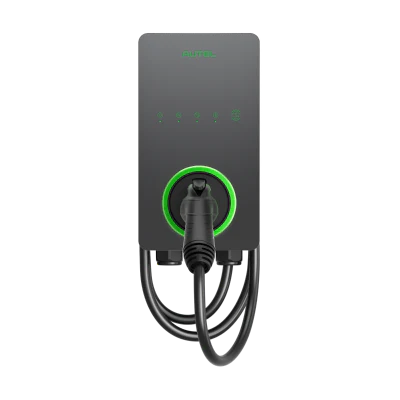
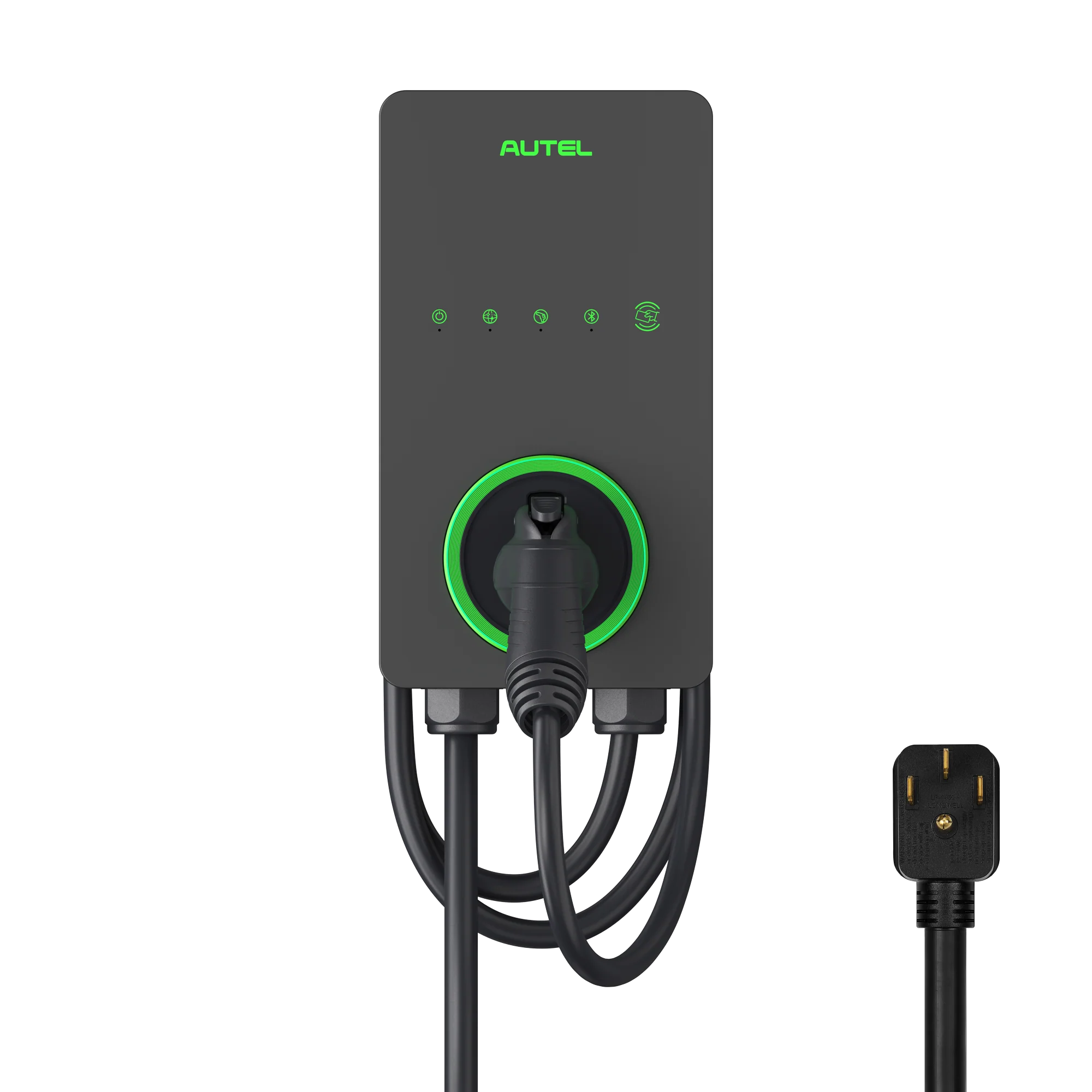
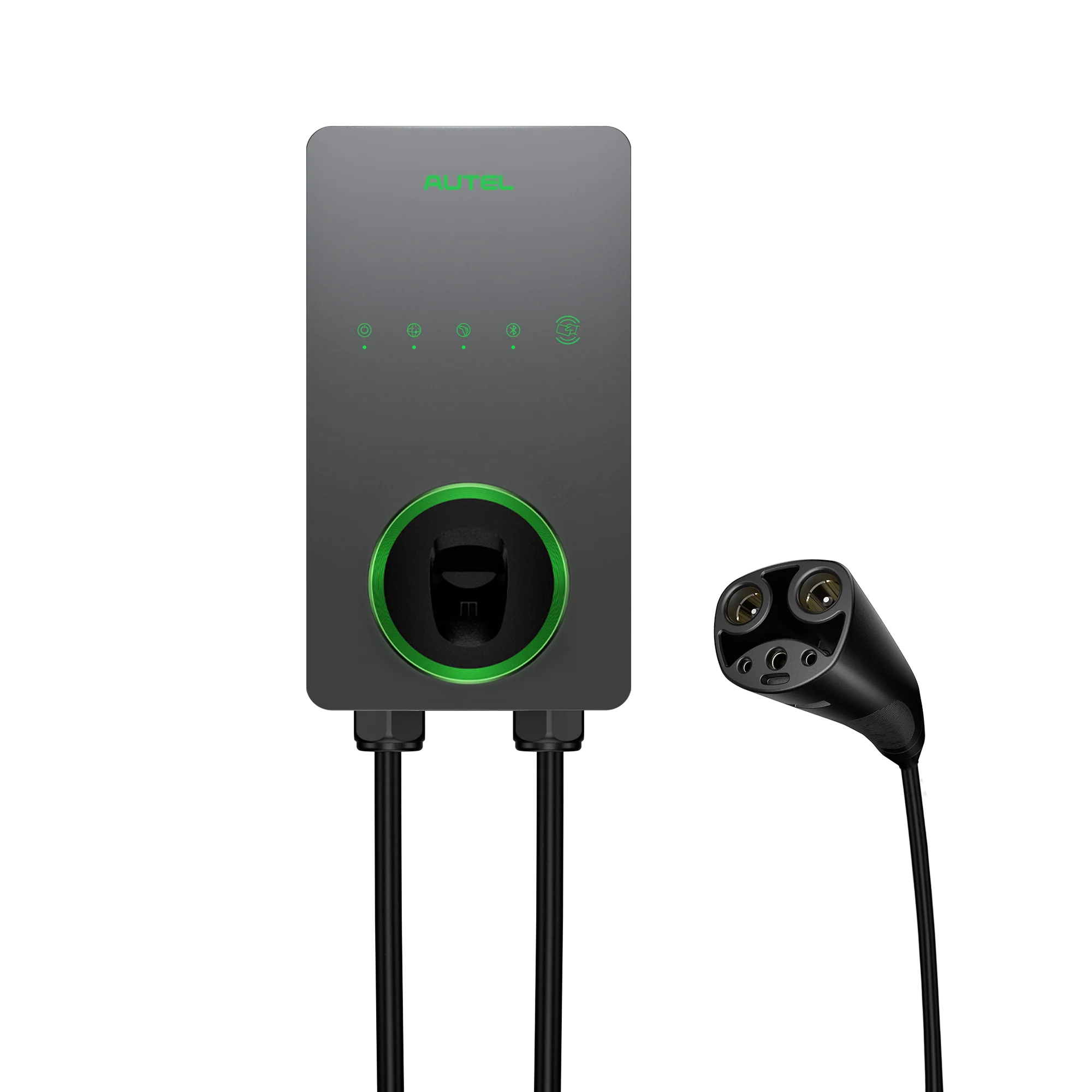
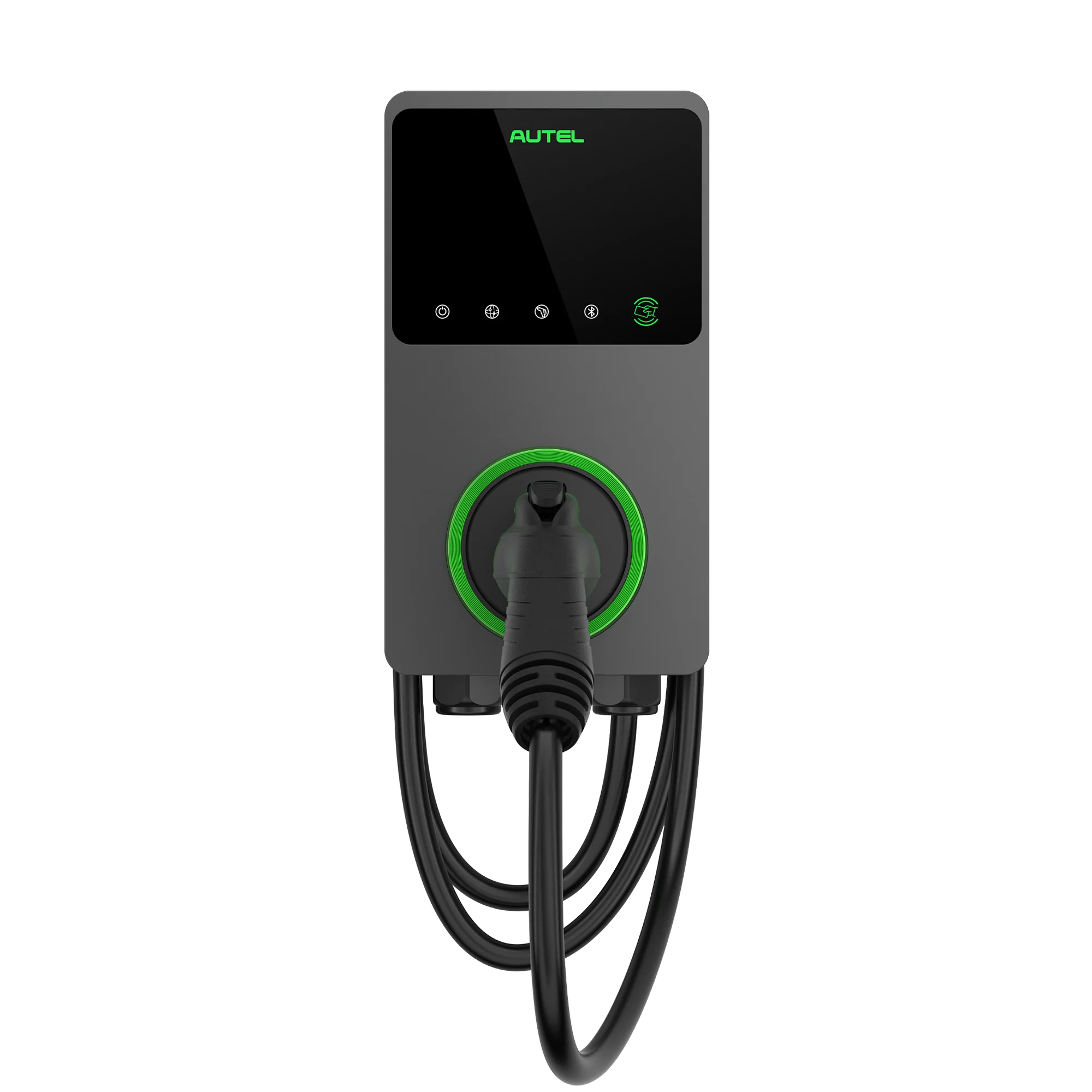
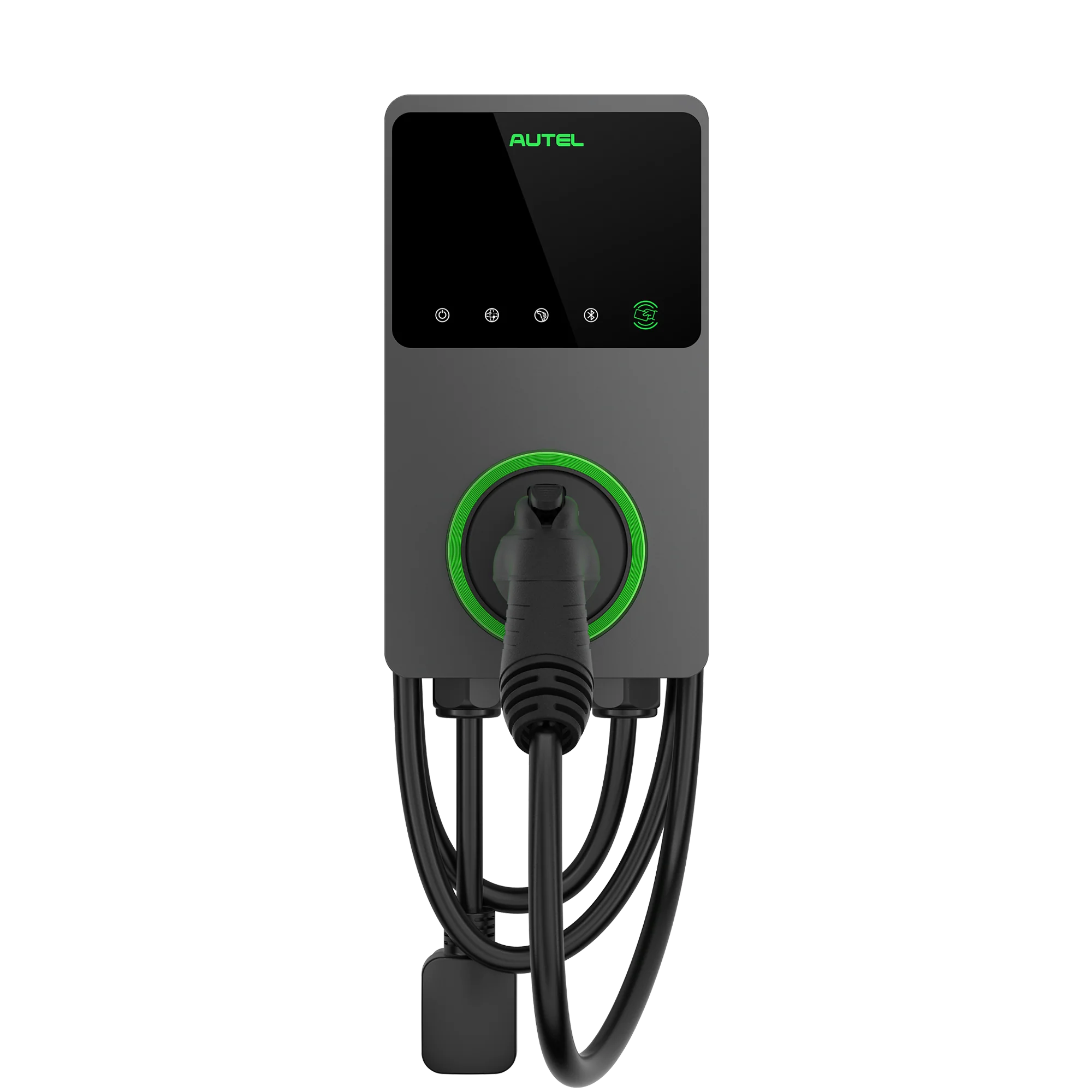

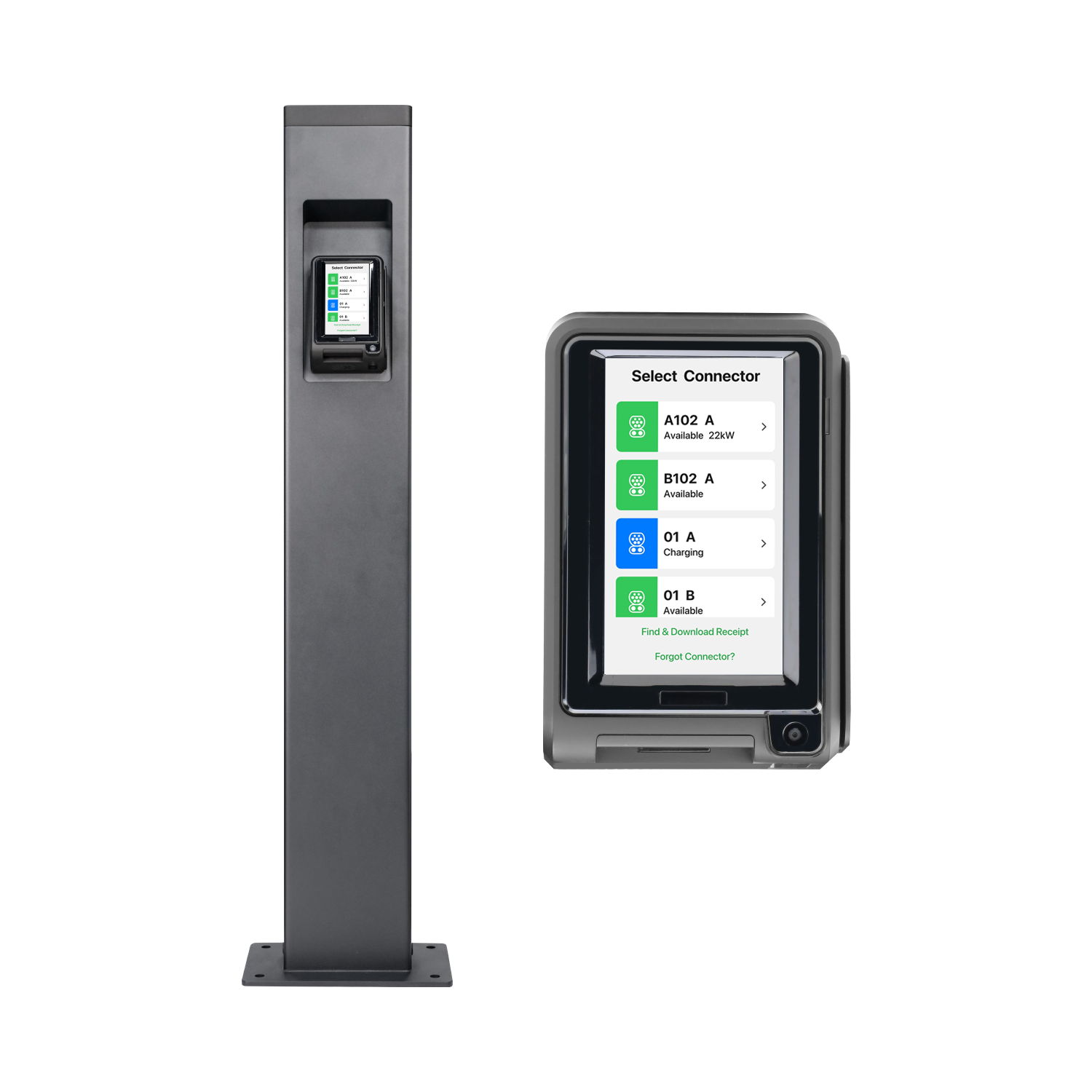
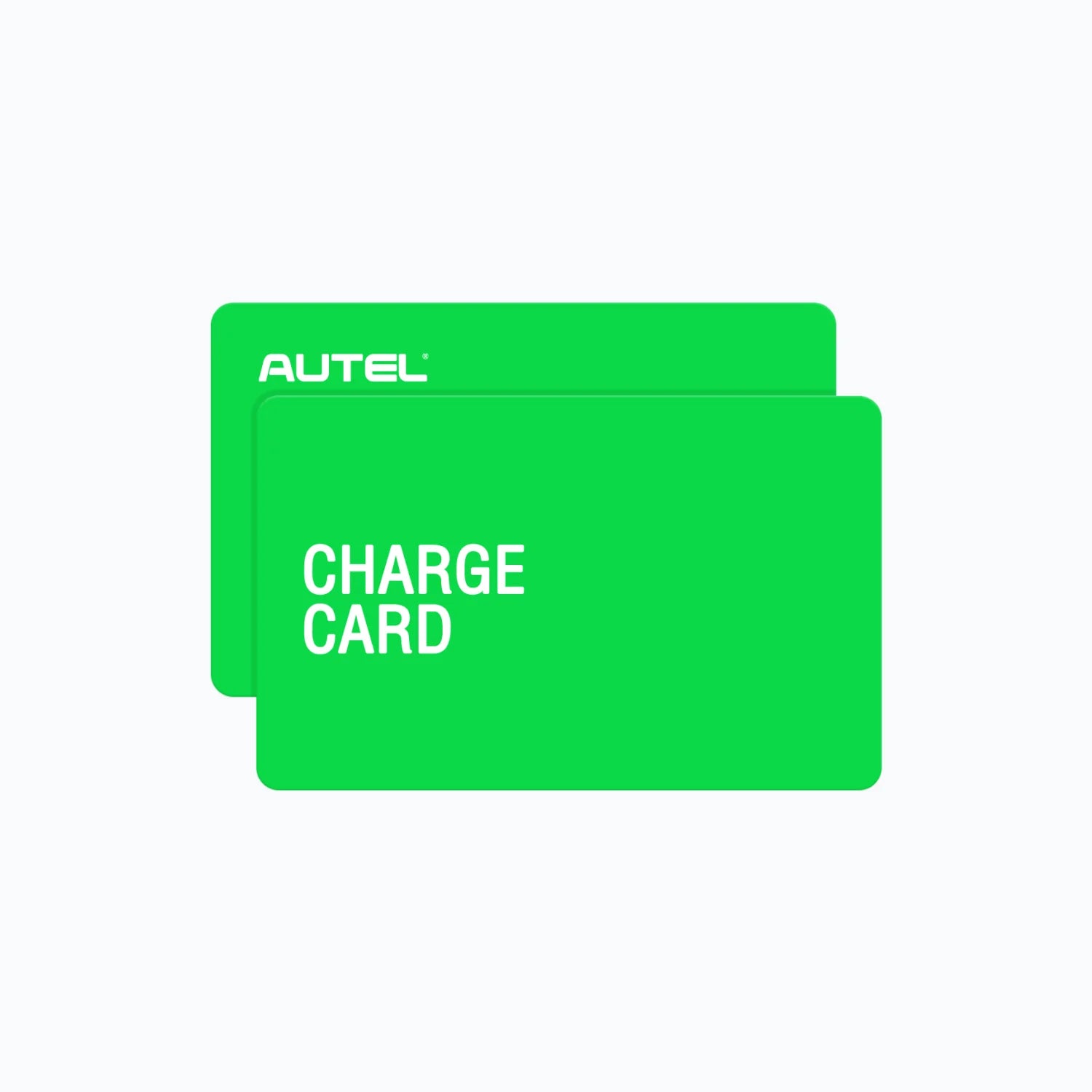
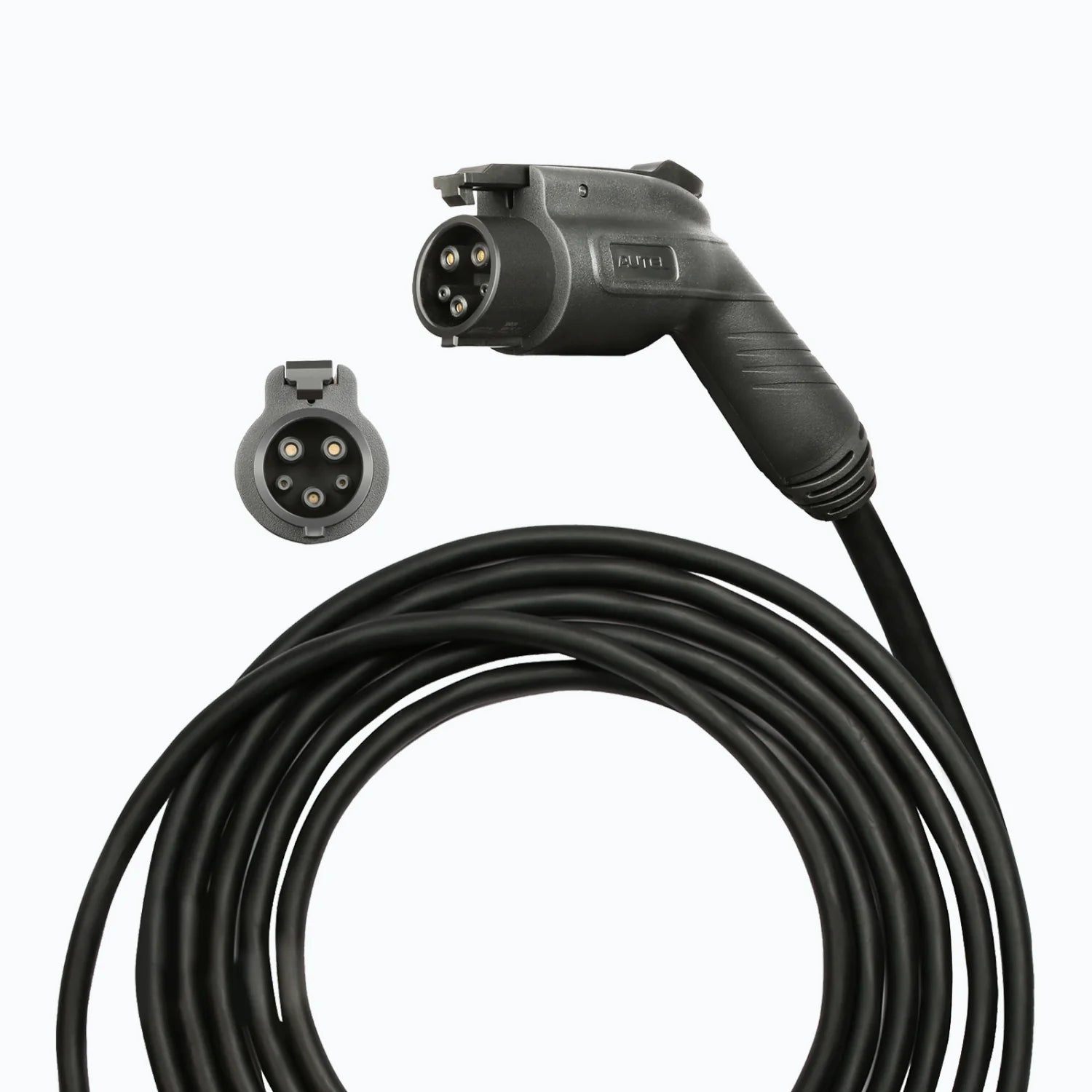
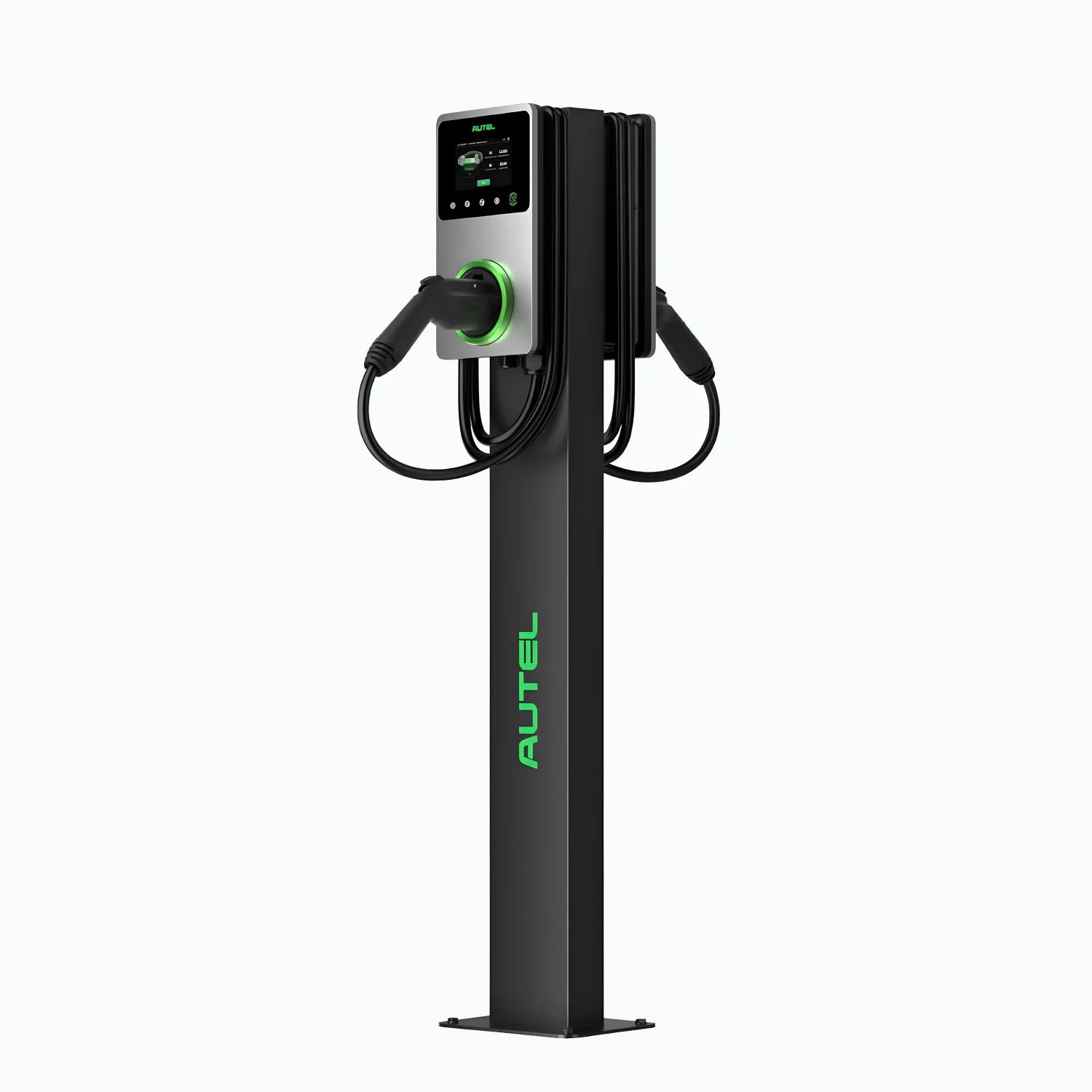
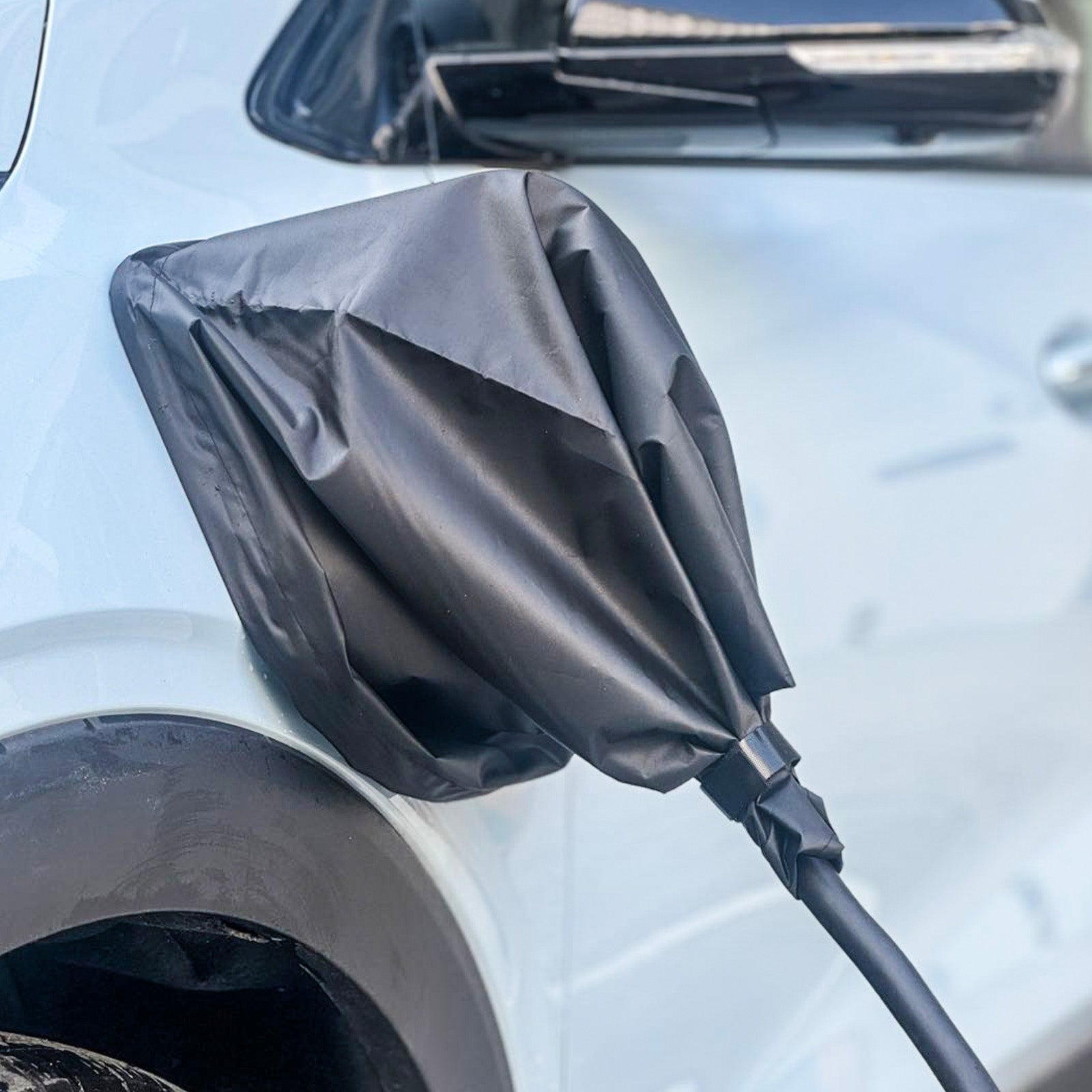
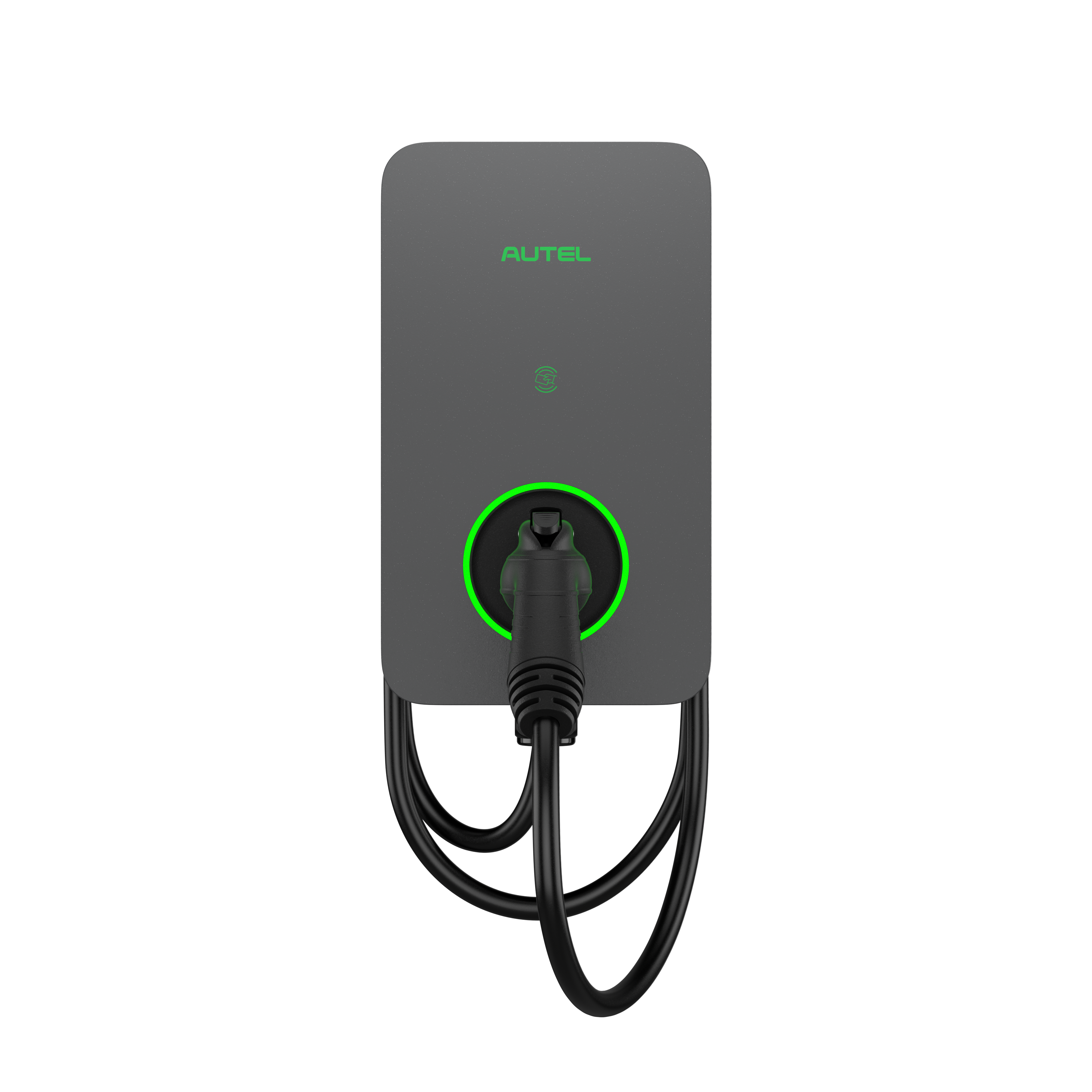
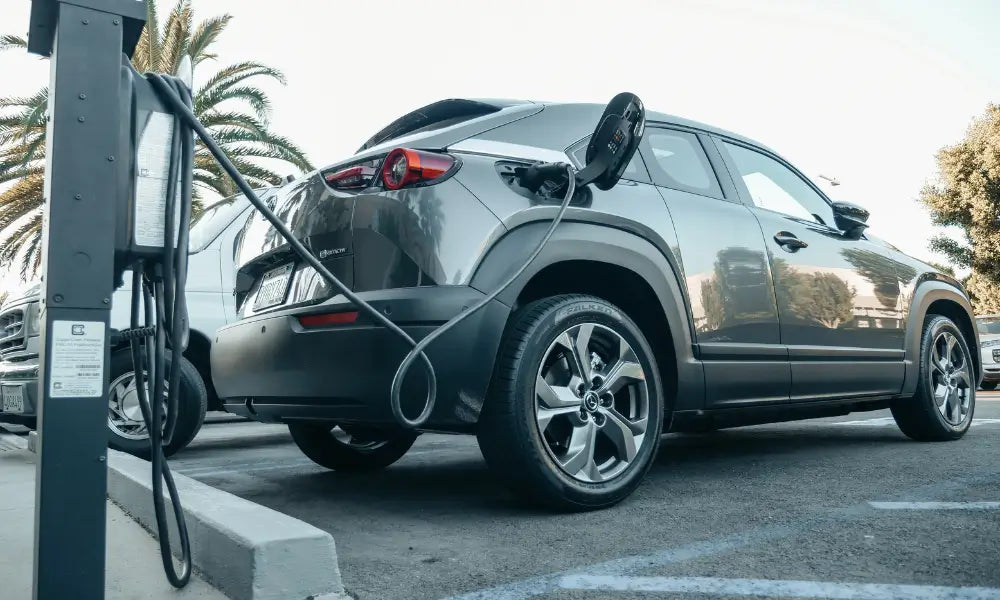
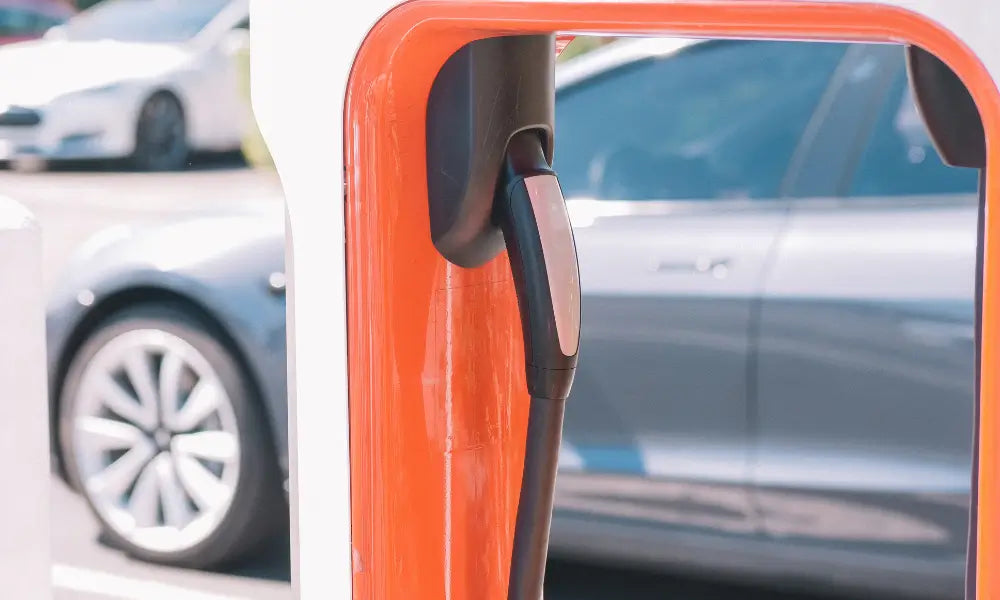
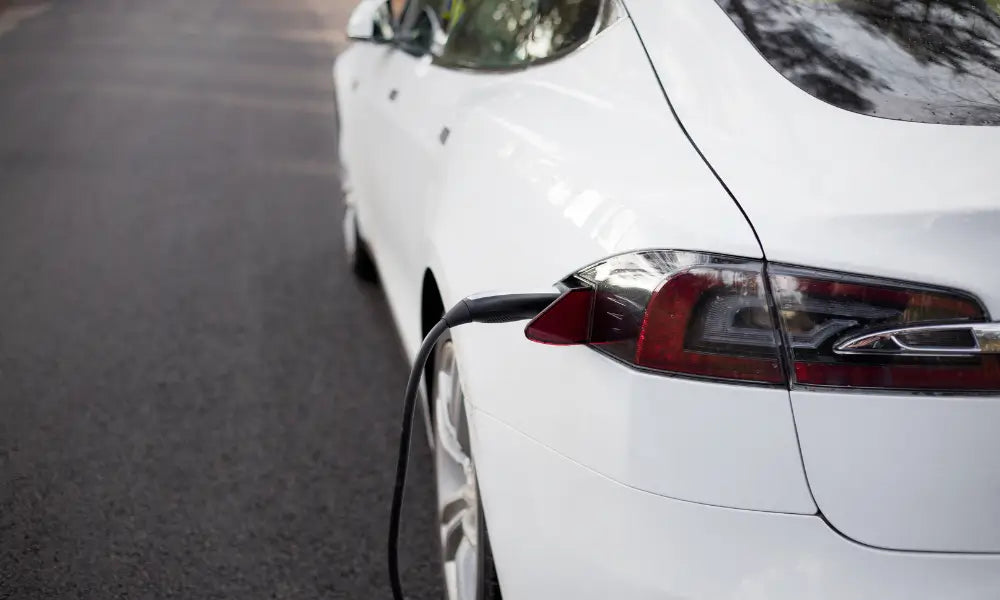
Dejar un comentario
Todos los comentarios se revisan antes de su publicación.
Este sitio está protegido por hCaptcha y se aplican la Política de privacidad de hCaptcha y los Términos del servicio.